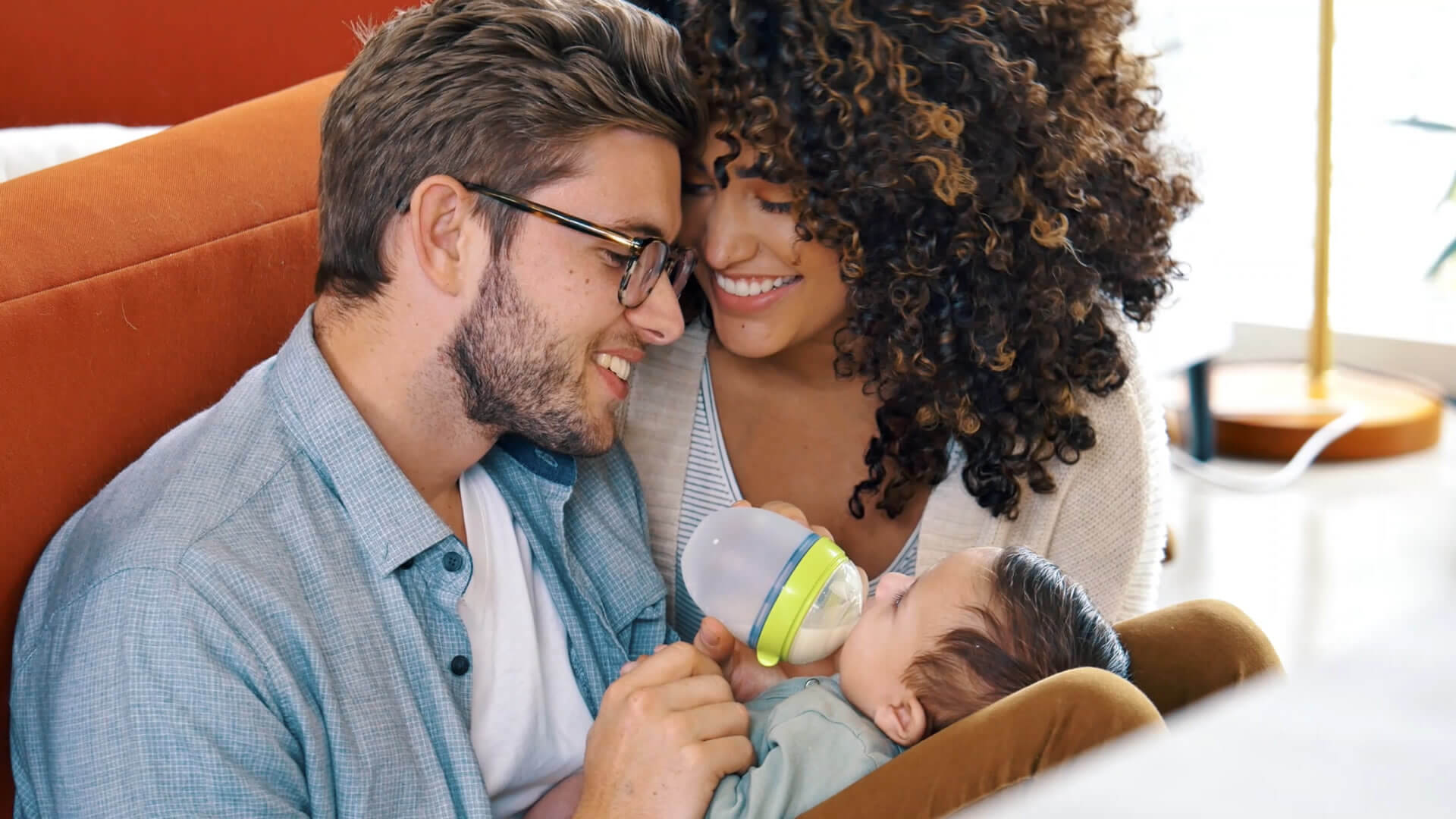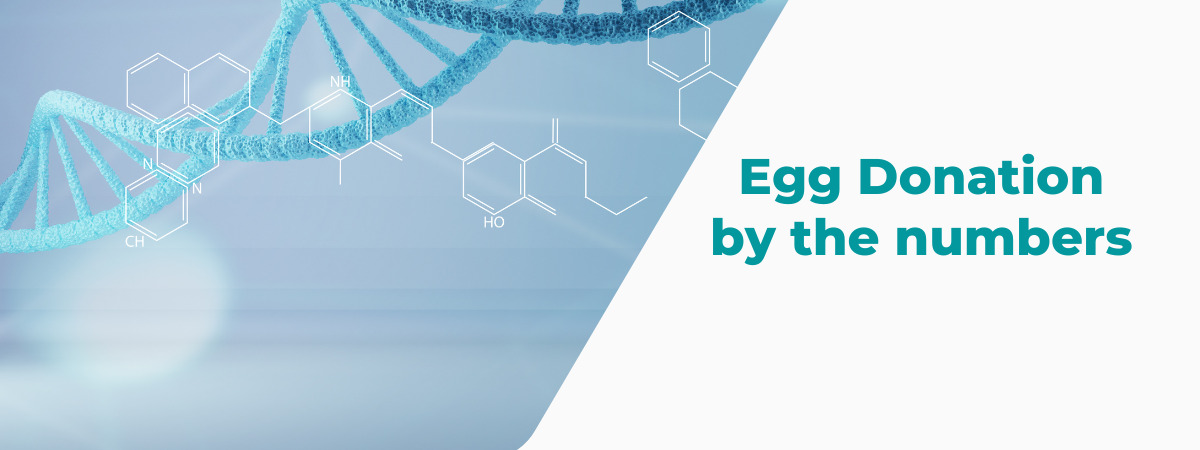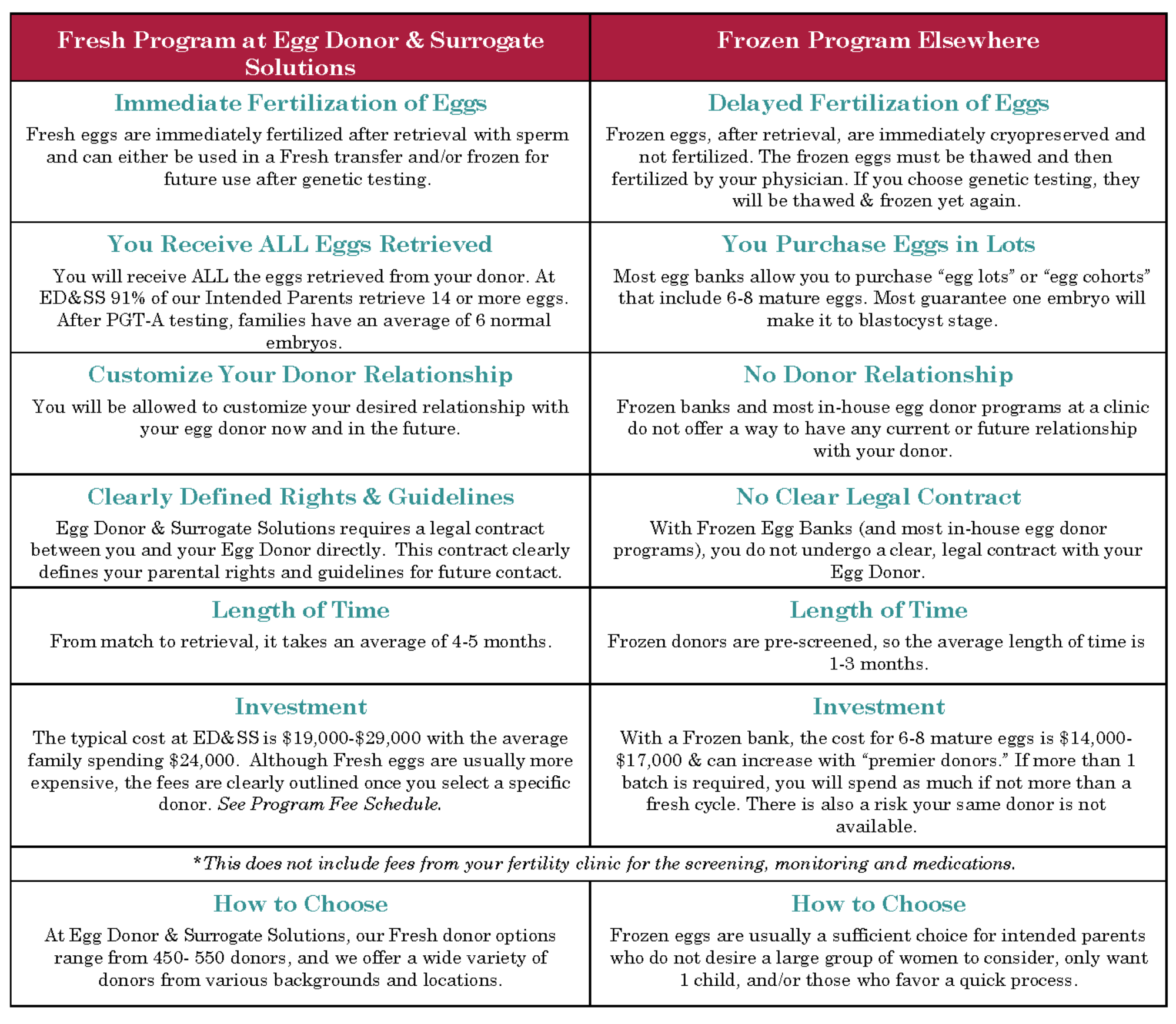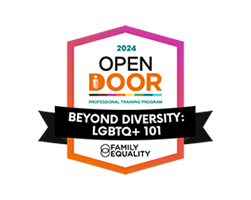How many eggs can we expect to get from a donor? This is often one of the first questions intended parents (IPs) ask when choosing to build their family through egg donation. It is closely followed by: Will we get to keep all of the eggs?
In short, IPs typically end up with an average of six normal PGT-A tested embryos when completing a fresh egg donation cycle with Egg Donor & Surrogate Solutions. Intended Parents also always get to keep all of the eggs retrieved from their donor’s egg retrieval procedure. Learn more below.
The answers to these questions depend on a few different factors, including whether you’ll be working with an agency or clinic for a fresh donor cycle or if you plan to use a frozen egg bank. When using an egg bank, the eggs from a donor’s cycle are split into “lots” or “cohorts” that can be used by multiple IPs. Typically, IPs purchase a cohort of six to eight frozen eggs, which must be thawed before they can be fertilized with the intended father’s or a donor’s sperm to create embryos. Many frozen egg banks will guarantee one viable embryo that can be transferred to the womb of the intended mother or a gestational surrogate who will carry the baby for the IPs. However, if the first transfer does not work or the pregnancy ends in a miscarriage, the IPs may not have additional embryos they can use to try again.
With a fresh cycle, some agencies and clinics offer a shared program where the eggs from a donor’s cycle are shared between two sets of IPs. At Egg Donor & Surrogate Solutions, we exclusively facilitate fresh donor cycles, and IPs receive all of the eggs from their chosen donor’s cycle. This means that IPs have a greater chance of ending up with multiple embryos, allowing them to do a fresh embryo transfer, if they choose, then freeze the remaining embryos for future family building.
Our team recently compiled and analyzed data from the past two years to determine the average number of eggs retrieved and viable embryos created from our donors.
“We know this information is important for IPs, and we’re committed to being transparent about what you can expect at every step along the journey,” Executive Director Katy Encalade says. “Many IPs come to us after having already experienced years of infertility, including some IPs who have had one or more failed cycles using frozen eggs. We want to help put minds at ease by sharing this information, so that our IPs can feel comfortable moving forward in this process.”
How we collected the data
We looked at the data from 148 of the egg donation cycles over the past two years (due to intended parent preferences, we don’t always receive the data for all cycles.) As per the guidelines recommended by the American Society for Reproductive Medicine, egg donors in our program can donate up to six times. Therefore, the donors who completed multiple cycles are represented more than once in the 148 total cycles. The 148 cycles were completed with 47 clinics across the US, so the data encompasses different medication protocols and varying degrees of experience.
Donor averages
From the 148 donor cycles, 91% of Intended Parents had 14 or more eggs retrieved, and an average of 62% of the eggs were successfully fertilized. When looking at the final number of embryos, IPs ended up with an average of six normal embryos (determined to be genetically normal through preimplantation genetic diagnosis, also known as PGT-A testing).
First time donors
When choosing a donor, the question of a proven donor versus a first-time donor is an important consideration for some IPs. The first-time donors in our program had an average of 23 eggs retrieved and an average of six normal embryos, indicating that the comprehensive screening process conducted by the IPs’ fertility clinic is a good predictor of how well a donor will perform in her first cycle. All donors were first-time donors at one point, and we highly encourage IPs to consider first-time donors who meet their criteria.
Deciding between fresh vs frozen
In addition to the number of eggs you’ll receive and the number of resulting embryos, there are several other important factors to consider when choosing between a fresh donor cycle through an agency or using frozen eggs from an egg bank:
- Contact with your donor
As IPs become more educated on what is in the the best interests of donor-conceived people (their future children), many are realizing the importance of ensuring they have a way to contact the donor in the future. Some IPs are even choosing to go with a known donor program to establish contact with their donor and share information from the very beginning. Whether you choose a known or unidentified donor arrangement (where full names and contact information is not shared), our agency offers all IPs the option to meet their donor face-to-face through either a virtual or in-person meeting. - Direct donor agreement
When working with an agency like Egg Donor & Surrogate Solutions, IPs will have a direct legal agreement with their donor, which establishes parental rights, gives IPs the ability to determine what happens to any remaining, unused embryos and defines the guidelines for future contact and communication, including the donor keeping her information current on the Donor Sibling Registry. - Families who share the same donor
The U.S. Donor Conceived Council, an advocacy organization focused on raising awareness about the needs, interests and challenges of donor-conceived people, recommends that no more than 10 families world-wide should be able to use gametes from a single donor. Because our donors have a maximum of six donation cycles and the IPs receive all the eggs from a donor’s cycle, this means that no more than six families in our program can share the same donor. The same cannot be said for clinics and agencies that offer shared programs or frozen egg banks where the eggs from a single cycle are split into cohorts and can be used by multiple IPs.
For more information about fresh vs frozen donor egg programs, read through the table below and check out this article on our Intended Parents Blog.
If you are considering egg donation to help build your family, please visit www.eggdonorsolutions.com or contact us at Info@CreateAHappyFamily.com to learn more about our program. Our team would be honored to guide and support you on your journey to parenthood!
We help Intended Parents Create Happy Families via Egg Donation & Surrogacy with the help of caring Egg Donors & Surrogates.
Donor sibling registry, egg donation process, Egg Donor Solutions, Intended Parents, Why use an agency?, Intended Parent Resources, Intended Parent Webinar, Getting started, Why our agency?, Selecting your donor.








